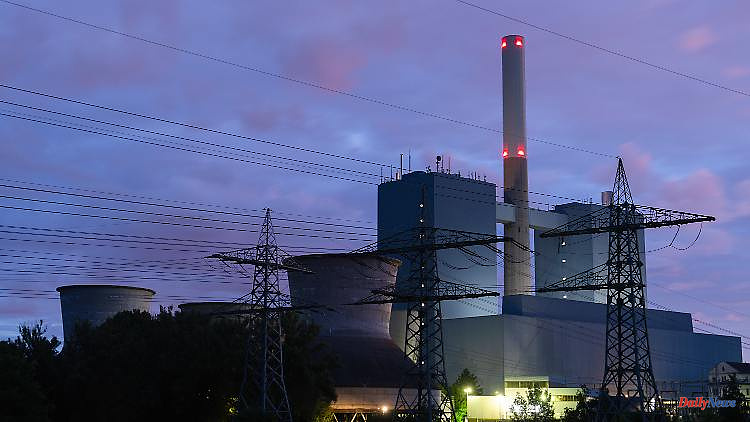The way for a gas emergency plan in the EU is apparently clear: according to a report, representatives of the member states were able to reach an agreement during the night. However, the compromise also has its price.
According to information from the German Press Agency, representatives of EU countries have agreed on an emergency plan to reduce gas consumption. It is due to be officially confirmed today at a special meeting of energy ministers in Brussels and will reduce the risks that could arise from a complete disruption to Russian gas supplies.
As diplomats from the German Press Agency confirmed during the night, the plan, as proposed by the EU Commission, envisages a voluntary reduction in national consumption by 15 percent between August 1, 2022 and March 31, 2023. In addition, the possibility should be created to trigger a Union alarm in the event of far-reaching supply bottlenecks and to set binding savings targets.
Compared to the Commission's first draft, however, there are significantly more possible exceptions and the hurdles for the introduction of binding savings targets have also been increased. The latter should only be able to be enforced by the Council of Member States and not by the EU Commission.
The decision-making process for the revised plan is expected to begin this Tuesday at a special meeting of energy ministers. This also requires a qualified majority, which according to diplomats should, however, be achieved without any problems.
The deliberations of the permanent representatives of the member states have shown that the majority of the countries consider solidarity to be extremely important and want to save gas, it said. In addition to Hungary, only three other member states have recently expressed major reservations. Hungary's Prime Minister Viktor Orban had previously caused international outrage in the gas dispute with racist statements and a comparison to the Holocaust.
Germany supports the emergency plans as one of the countries that are currently still heavily dependent on Russian gas supplies. Economics Minister Robert Habeck is expected by the Greens to attend the special meeting in Brussels on behalf of the federal government.












